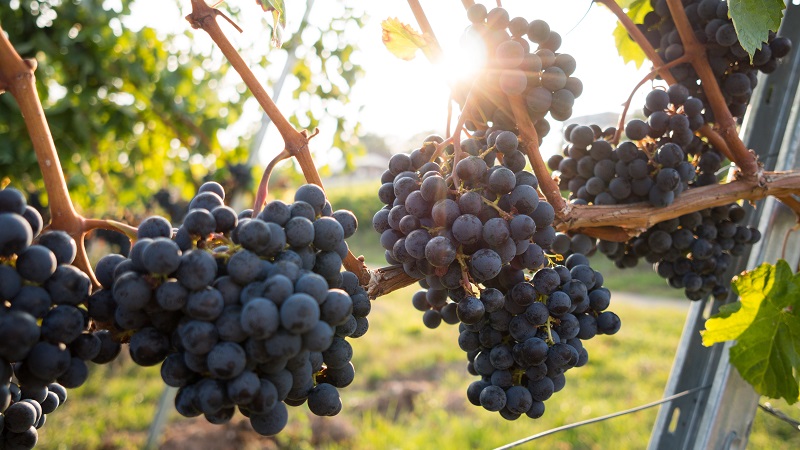Washington State Hort Convention Ponders Future Orchard Concerns
The theme of this year’s Washington State Horticultural Association Convention, being held in Wenatchee this week, is “Is Your Orchard Ready? Preparing Your Operation For The Future.” On Dec. 2, the first full day of the convention, attendees got an up-close look at two factors that could determine the direction of the future apple orchard.
Production Systems And Mechanization
In giving the annual Jack Batjer Memorial Address to kick off the convention, Cornell University pomologist Terence Robinson talked a lot about the tall spindle system for apple orchards, and how it offers the best path to early yields of high-quality fruit. “It has the potential for high profits, and it’s a simple system that can be easily taught to a labor crew,” said Robinson. “It will produce fruit early with little effort.” The added benefit of the tall spindle, says Robinson, is that it lends itself better than perhaps any other system to mechanization. “The orchard of the future will produce high yields in the first five years, and it will have tall, thin rows with narrow canopies adaptable to mechanization,” he says.
Varieties
A panel discussion covered ways to determine which varieties might be winners in the future. It was interesting to note that the criteria by which apple growers, breeders, and marketers look for might vary in order of importance. For example, Washington State University apple breeder Kate Evans says that, with upwards of 20,000 seedlings to evaluate, appearance needs to be the first criteria. Ultimately it will be about texture and taste, she says, but an apple has to catch the consumer’s eye for them to notice it.
Another panelist, Dave Allan at Allan Brothers Inc., noted that shelflife is an important factor. “You can pick an apple and say it’s a good piece of fruit, but you really need to give it about a week at room temperature, then try it, to know how good it is,” said Allan.










